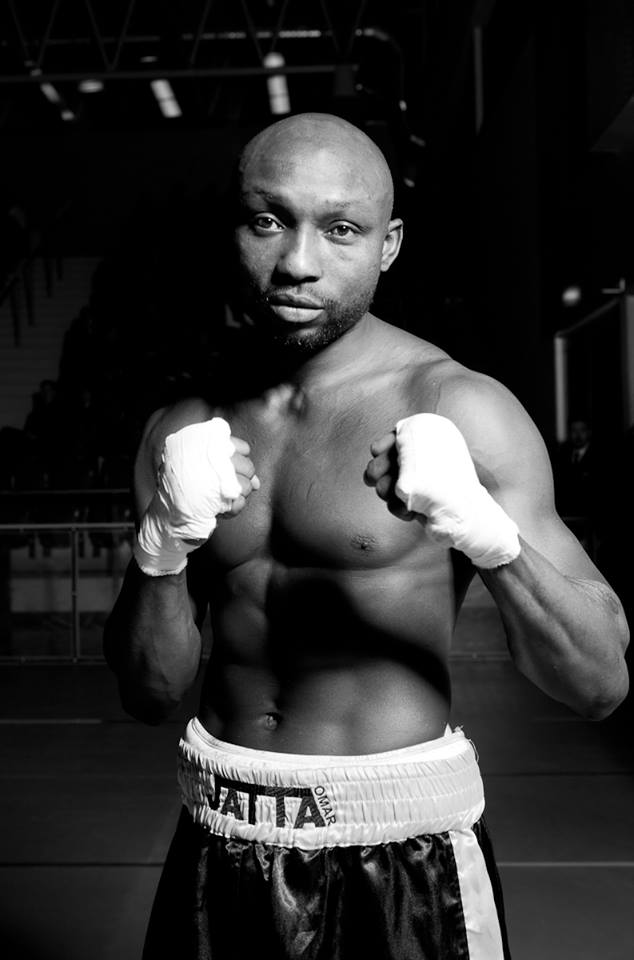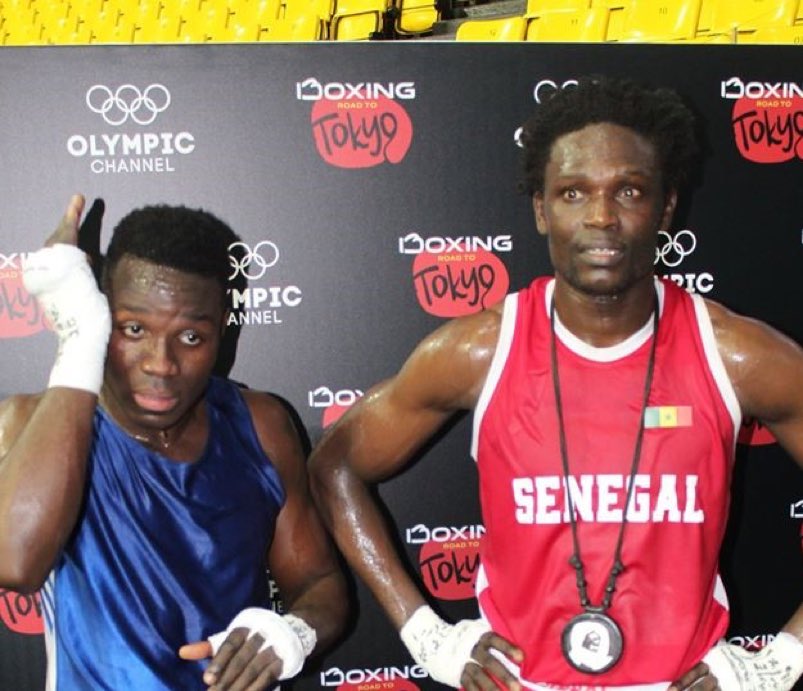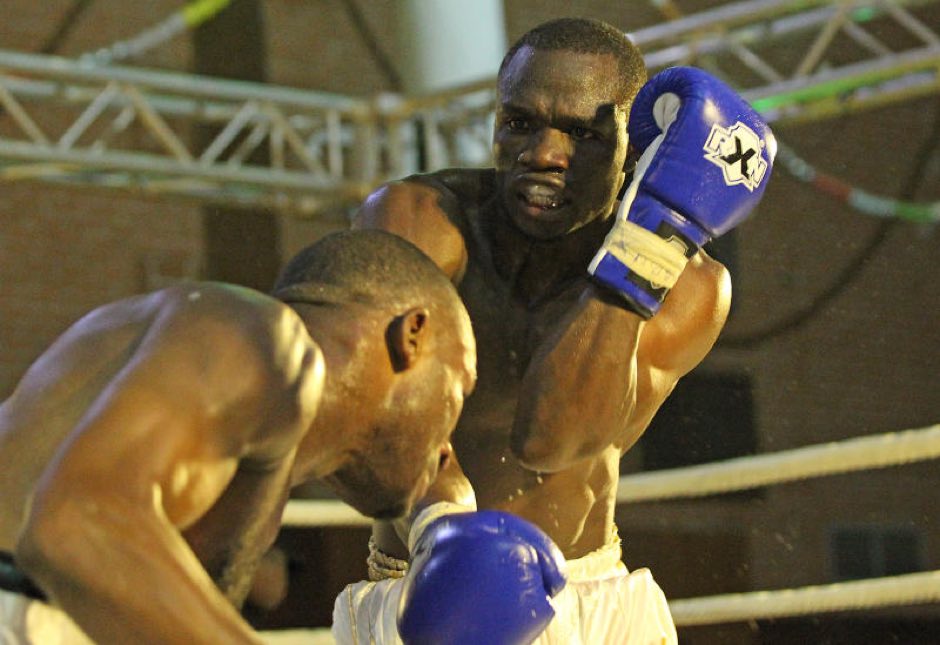Not many African boxers have managed to make supporters jump off their seats when it comes to boxing in Germany and yet, Omar Jatta has defied all odds to do just that.
In February, 2015 he won the WBC 160 Ibs World Championship belt, leaving his Turkish opponent, Turgay Uzun battered and bruised. The victory was one of hard and enduring effort –a fight Jatta will forever live to remember.
Against an opponent bagging 39 victories in a total of 70 bouts at the time, Jatta was unavoidably the underdog but that did not deter him from keeping his eye on the prize, swerving his way past Uzun unscathed.
Gasping for air and dripping with sweat, an overwhelmed Jatta won the belt –his first in over a decade – which he fit around his waist. On the night of the occasion, the thick and built pugilist became the first African to grab the GBC belt, at the age of 36.
Bernhard Donfack (Cameroon), Mamadou Thiam (Senegal), Nuha Lawal (Nigeria) and Kouami Folly Kuegha (Togo), are the only other known boxers from the continent to win the belt.
Prior to the fight, Jatta had starred in 27 fights, accumulating 16 wins, 11 loses and one draw in eleven career years, much to the dismay of his unpopularity back home in Gambia.
When out-going President and dictator, Yahya Jammeh, made him guest at the Presidential Palace in a short trip aired over state-controlled national television, it was to bask in the new-found glory to which he would unveil Gambia’s new hero, Jatta.
[perfectpullquote align=”full” cite=”” link=”” color=”” class=”” size=””]“I was happy, because I wanted this tittle so badly. I got the belt hung all up on my shoulders to make me feel immortal,” [/perfectpullquote]
Jatta told Ducor Sports from his base in Austria.
The win placed the Gambian on the path to push for the IBO belt but Jatta’s celebrations were cut short when he accepted a re-match from Uzun in which he lost, relinquishing the title just four months after winning it.
The low moment came as a shock and speed barrier to a career that was well in for another takeoff in an attempt to become the finest in the orthodox middleweight division.
‘Training like a contended champion’ instead of a contender was his reply as he explained how he lost the belt.
“Well I didn’t invest too much time and hard work on my training preparations. At the end of the fight, I was feeling very sad and lonely.
[perfectpullquote align=”full” cite=”” link=”” color=”” class=”” size=””]“I felt disappointed with myself. As a Boxer I knew you can’t travel to Germany and win by points,”[/perfectpullquote]
he added.
One could sense regret in his tone but Jatta prefers to see it much as a learning curve and one that comes with its unforgettable lessons.
In words of advice and caution, Jattar adds, “Never underestimate your opponent. You should always train like a contender, not like a Champion… Champions have nowhere to go.”
The Gambian has taken a close to one year break from the ring, but continues to train with a possible comeback very much on the cards.
The 37-year-old would have become a soldier brandishing a rifle, dressed in camouflaged uniform, had boxing not gained prominence in his mind and heart.
With a career spanning in 2004, the 5-feet-10-inch hard puncher has come a long way. Inspired by Galveston Giant -first African-American world heavyweight boxing champion – Jatta had his first taste of boxing in Austria against Romanian-born Alexandru Manea. It is reported that the latter has the worst boxing record of 55 losses in history. Today, he boasts of 16 wins, 11 loses and a draw in 28 career bouts.
Plans were underway to get Jatta to win Gambia’s first gold medal in the Rio Olympics before an administrative howler by Gambia Boxing Association, dashed his hopes of traveling to Brazil.
He would move on from that hitch and now remains revered in a country whose majority home-based boxers have never-ending potentials, but are rendered hopeless due to lack of facilitation.
“The African Boxers are the best in the world. They got what it takes to train hard and fight from the heart. If they get training equipment, sponsors, help and support facilities from the government, they can easily achieve their goals,” Jatta says.
Featured Photo: Courtesy of omar-jatta.com
















